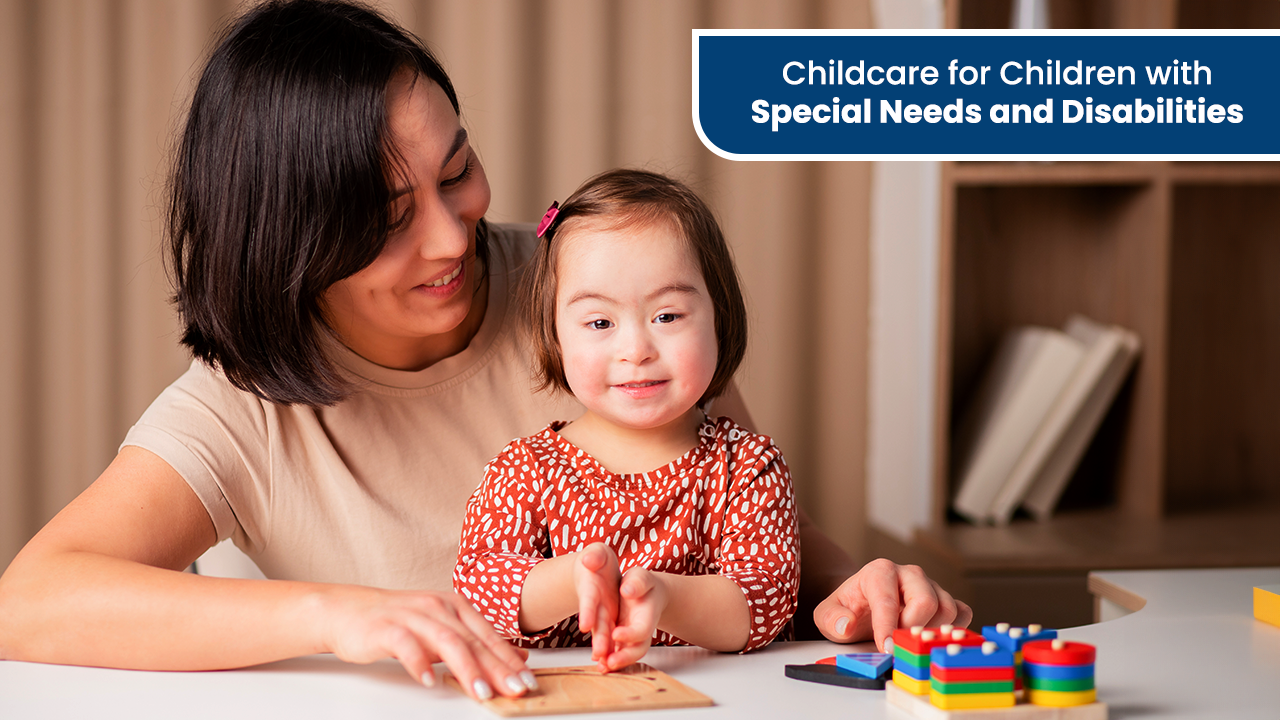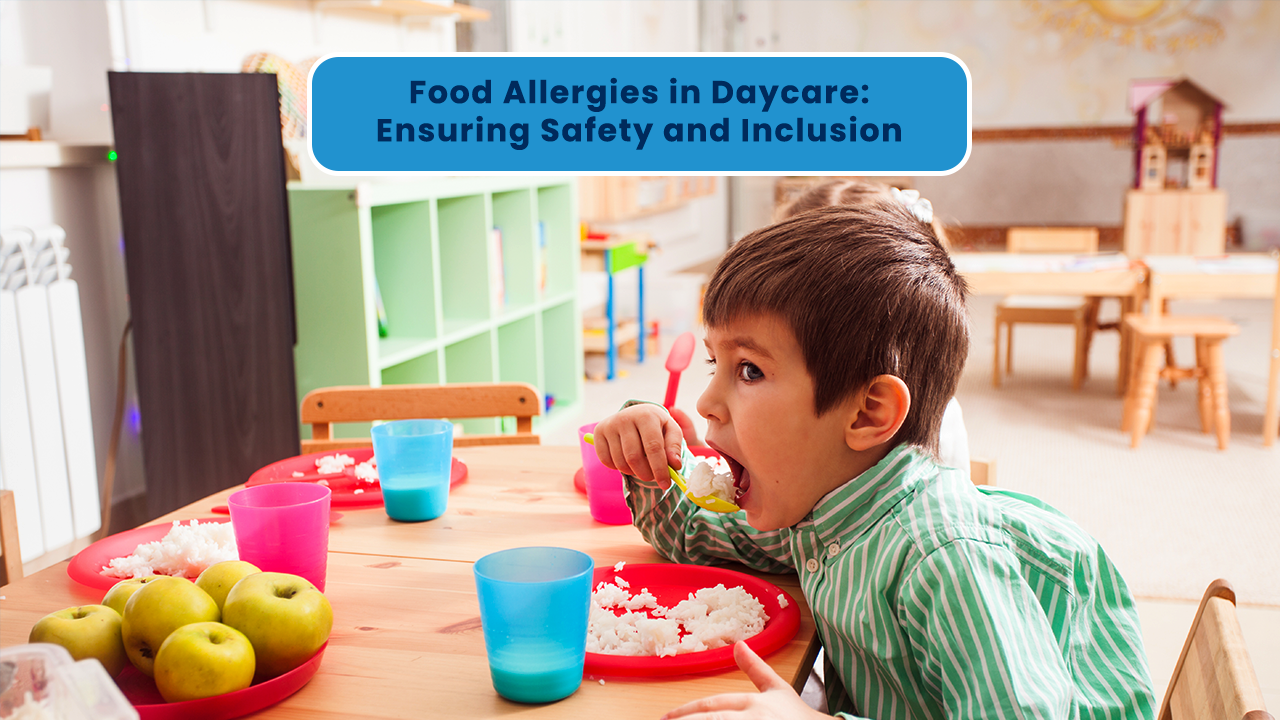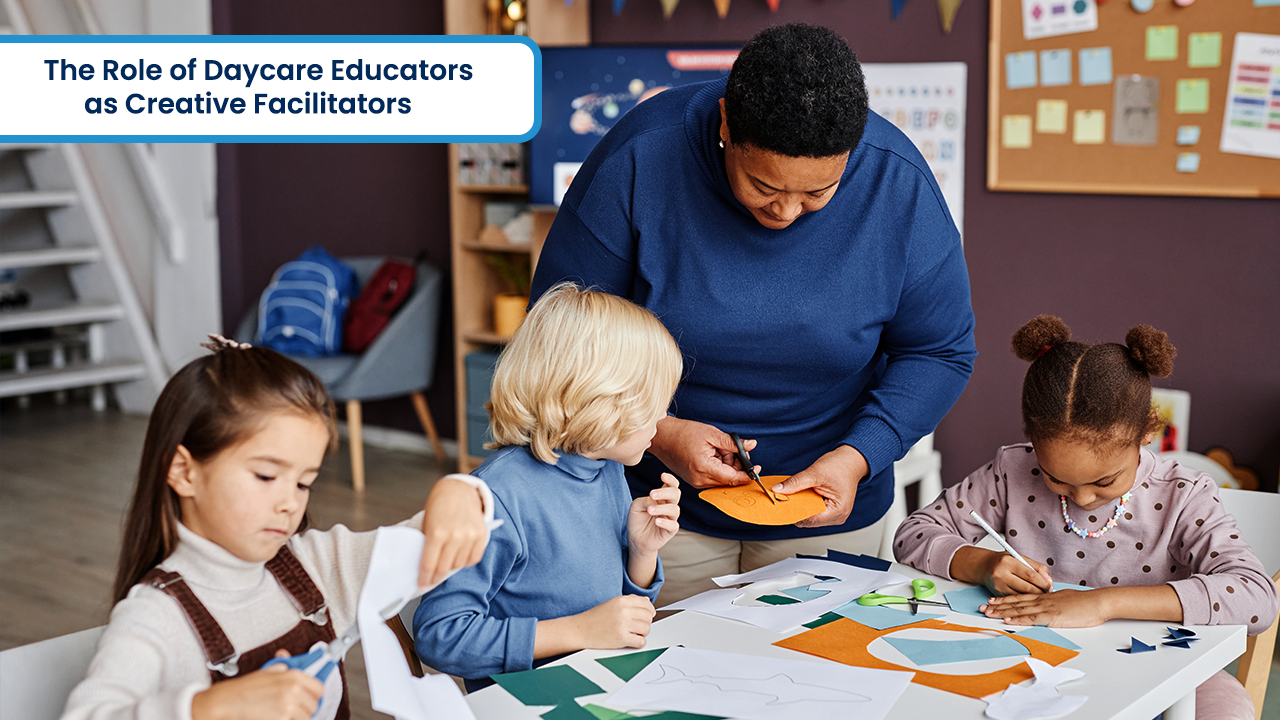
In childcare, catering to the requirements of children with special needs and disabilities is a noble and crucial endeavor. The journey of finding suitable and empathetic childcare for these children is often marked by unique challenges, making it essential to shed light on the importance of specialized care tailored to their distinct needs. This blog explores the intricacies of specialized childcare, delving into the complexities parents and caregivers face in ensuring an environment that nurtures and supports children with special needs.
A Comprehensive Guide to Childcare for Children with Special Needs and Disabilities
Understanding Special Needs:
The core of providing effective and compassionate care for children with special needs is a deep understanding of their diverse conditions. Special needs encompass many challenges, including but not limited to developmental, cognitive, physical, sensory, and behavioral differences. Caregivers, educators, and parents alike need to recognize that these challenges do not define the entirety of a child; instead, they form a part of their unique identity.
The Need for Specialized Childcare:
Specialized childcare is pivotal in providing early intervention and support for children with special needs. Beyond the conventional aspects of childcare, these specialized services address the specific requirements of each child, fostering an environment where they can thrive and develop to their full potential.
Choosing the Right Childcare Provider:
Selecting the right childcare provider is critical for parents of children with special needs. It involves assessing the facility’s overall suitability and ensuring that the staff has the necessary experience, training, and a genuine commitment to meeting the unique needs of each child.
Creating an Inclusive Environment:
Creating an inclusive environment in childcare settings is paramount. This involves implementing activities and programs that celebrate diversity, promote understanding, and ensure that children of all abilities can participate fully, fostering a sense of belonging and acceptance.
Training and Education for Caregivers:
Caregivers in specialized childcare settings must undergo specific training to effectively cater to the diverse needs of the children under their care. This training equips them with the knowledge and skills necessary for providing individualized support and fostering a nurturing and inclusive environment.
Communication with Parents:
Open and ongoing communication between caregivers and parents is the cornerstone of successful childcare for children with special needs. Regular updates, feedback sessions, and collaborative planning contribute to a holistic approach that aligns the efforts of both caregivers and parents in supporting the child’s development.
Addressing behavioral challenges:
Children with special needs may encounter behavioral challenges, and caregivers must employ sensitive, positive, and consistent strategies. By focusing on positive reinforcement and maintaining a structured environment, caregivers can help children navigate and overcome behavioral hurdles. Read more about handling challenging behaviors in daycare children.
Resources and Support Services:
Access to resources and support services is vital for parents and caregivers navigating the childcare landscape for children with special needs. From local organizations offering assistance to online platforms providing valuable information, these resources contribute significantly to a well-rounded support system.
Tailored Activities for Children with Special Needs and Disabilities
Here are some suitable activities for children with special needs and disabilities in daycare settings:
Sensory Play:
Sensory play engages children through tactile exploration, allowing them to experience different textures and materials. In daycare settings, sensory bins filled with rice, beans, or textured items create a stimulating environment, fostering sensory awareness and fine motor skills. These activities significantly benefit children with special needs, offering a therapeutic and enjoyable experience.
Adaptive Outdoor Play:
Adaptive outdoor play ensures that children with special needs can enjoy the benefits of outdoor activities. Accessible play areas with ramps and wide pathways make movement more straightforward, while adaptive swings and sensory gardens provide inclusive physical and sensory stimulation opportunities. Creating an environment accommodating diverse abilities encourages outdoor play as an integral part of daily daycare routines.
Structured Routine Activities:
Establishing a structured routine is crucial for children with special needs, providing a sense of predictability and security. Visual schedules and timers aid in transitions between activities, helping children understand and anticipate daily routines. This approach promotes a sense of order and supports cognitive development by reinforcing time concepts.
Music and Movement:
Music and movement activities contribute to physical and emotional well-being. In daycare settings, these activities can be adapted to accommodate various abilities. Introducing adaptive instruments and incorporating different ways to engage with music, such as dancing or clapping, creates a lively and inclusive atmosphere, promoting individual expression and group participation.
Storytelling and Interactive Reading:
Tailoring storytelling and reading activities to accommodate diverse cognitive abilities is essential in daycare environments. Books with large, colorful pictures and simple language engage children while incorporating interactive elements enhances comprehension. Encouraging participation through props and questions fosters a love for storytelling and language development.
Adapted Art and Craft Activities:
Adapting arts and crafts activities ensures children with special needs can express their creativity comfortably. Providing adaptive tools like easy-grip brushes or large crayons accommodates motor skill challenges. Emphasizing process-oriented art projects allows children to explore artistic expression at their own pace, fostering confidence and enjoyment.
Social skills development activities:
Social skill development is crucial for all children, and structured activities facilitate interaction in daycare settings. Circle time and cooperative games encourage social engagement, while play sessions focusing on sharing and taking turns support the development of essential social skills. These activities create a positive and inclusive social environment.
Calming Spaces:
Designating quiet and calming spaces within the daycare allows children to take breaks when needed. Equipping these areas with sensory-friendly items like weighted blankets or fidget toys creates a soothing environment. These spaces serve as retreats for children to self-regulate and manage sensory input, promoting emotional well-being.
Adaptive Technology:
Integrating age-appropriate assistive technology tools supports children with communication or motor skill challenges. Educational apps and devices tailored to individual learning styles offer interactive learning experiences. Incorporating technology into daycare activities enhances engagement and provides valuable educational opportunities for children with special needs.
Conclusion
Understanding children with special needs and disabilities goes beyond superficial awareness; it requires a nuanced appreciation for the diversity of abilities and challenges they bring. By recognizing and embracing this uniqueness, caregivers can foster an inclusive environment that empowers children to navigate the world confidently and resiliently. Learn more about the benefits of diversity and inclusion in daycare.


